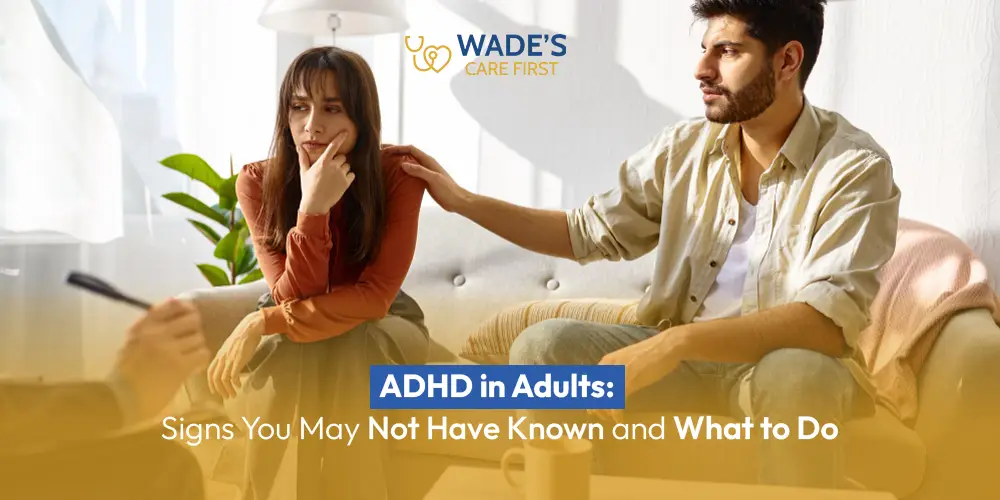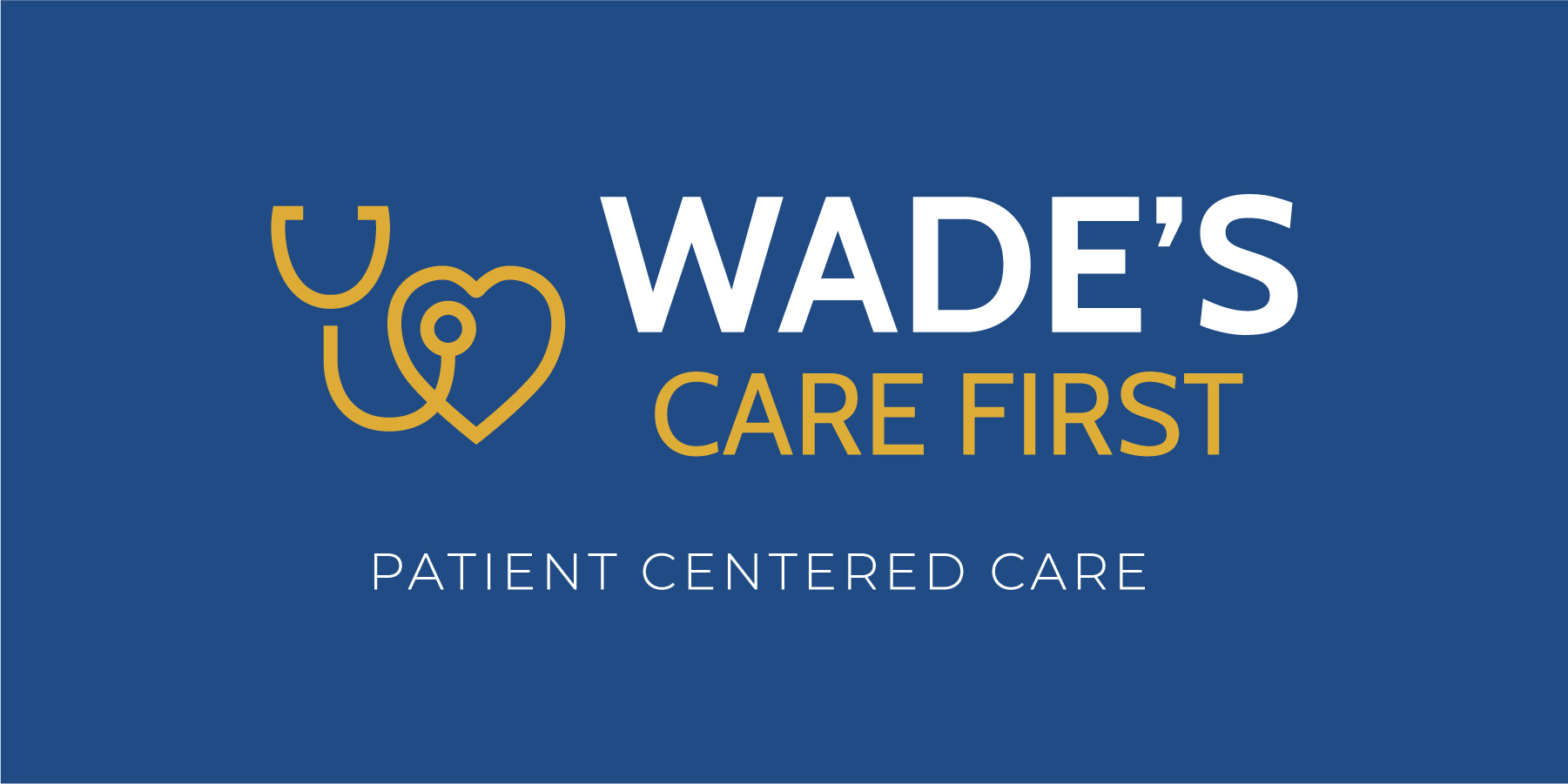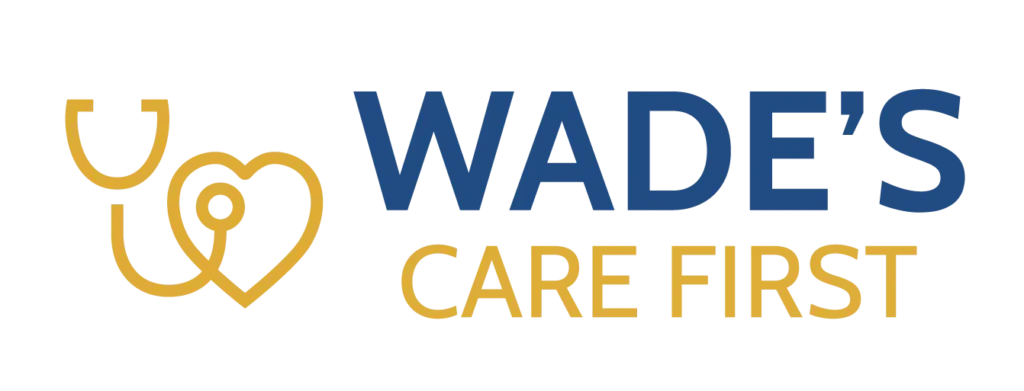At Wade’s Care First, we know how ADHD can settle into daily life. It can mask itself in routines and coping habits.
You might recognize parts of your life that feel scattered or overwhelming, even if you’ve learned to manage, because a diagnosis might be missing.
What is ADHD?
ADHD stands for Attention Deficit Hyperactivity Disorder.
It is a neurodevelopmental condition that begins in early life and often stays with you into adulthood.
People may notice focus that drifts, internal restlessness, or acting before thinking, without always knowing why.
Why Adult ADHD Often Stays Hidden
ADHD often starts in childhood, but roughly half of adults with ADHD do not receive a diagnosis until later in life.
That is, a lot of people spend years wondering if they are likely to be disorganized, forgetful or unmotivated.
In adults, the manifestation of ADHD may be different compared to children.
Time management difficulties and emotional intensity are usually called stress or personality traits instead of being recognized as symptom of ADHD.
Signs You Might Not Have Known
Here are some less obvious signs that ADHD may be affecting daily life and senior mental health in subtle ways.
You might identify with some of them even if traditional ADHD was never mentioned in your childhood.
These are the overlooked threads many adults quietly carry in their lives:
- Time blindness. You lose track of time or constantly run late, even when you’re trying hard.
- Says yes even when it’s too much for you. You overcommit because saying no feels overwhelming.
- Scaled-down routines still demand huge effort. You’re organized on the outside but inside, it’s a juggling act just to stay afloat.
- Hyperfocus shows up unexpectedly. Sometimes you can’t stop working, and the world fades away around you.
- Emotional flooding or sensitivity. You may get deeply upset by small things or feel yourself shutting down under stress.
- Chronic restlessness or mental chatter. Even when you seem still, inside your thoughts race, and tasks feel unsettled.
- Over-accomplishment or perfectionism. Some people with ADHD push so hard to stay ahead that it’s hard to pause.
- Long-standing self-criticism or low self-worth. Despite achievements, you may feel everything is falling short.
If any of these sound familiar, you might not just be stressed. A clearer understanding of ADHD could offer relief and direction.
The Effects of ADHD on Your Life
Relationship Struggles
- Partners feel ignored when you hyperfocus on projects
- Friends think you don’t care because you forget to respond to texts
- You react strongly to perceived criticism
- Trouble regulating responses during conflicts
Career Issues
- Brilliant at brainstorming, terrible at follow-through
- Excel in crises, struggle with routine tasks
- Underperform despite being intelligent and capable
- The traditional 9-to-5 structure feels overwhelming
Physical and Mental Exhaustion
You’re constantly working against your brain’s natural patterns, leading to:
- Chronic stress from always feeling behind
- Low self-esteem from not living up to potential
- What feels like anxiety or depression
What You Can Do Now
Step 1. Learn and pause at no pressure.
Start with awareness. You can try a self‑report questionnaire such as the ASRS to learn more. It is not a diagnosis, but it can help you see patterns.
Step 2. Talk to a provider.
Reach out to a provider who has experience with adult ADHD, such as a nurse practitioner, psychiatrist, or therapist. Our team at Wade’s Care First offers ADHD screening and care through telehealth in Arizona, New York, Florida, and Indiana.
Find out more about our mental health and ADHD services.
Step 3. Try a treatment that fits you.
ADHD in adults is usually managed with:
· Medication (often stimulants).
· Behavioral coaching.
· Lifestyle shifts.
Guidelines recommend sharing a careful medication plan designed for your life, not shaped by stigmas.
Step 4. Adjust your daily habits.
- Use timers or reminders.
- Break tasks into smaller, structured steps.
- Try body-based routines like walking or stretching to reset during mental fog.
How Wade’s Care First Can Help You
We offer telehealth appointments with same‑day availability in several states.
We create individualized plans that include medication if needed, coaching and follow‑up support.
Book Your Appointment
This can be your starting point. You don’t have to wait.
If you’re in Arizona, New York, Florida, or Indiana, our team at Wade’s Care First can help you find clarity and answers.
FAQs
How do I deal with undiagnosed ADHD as an adult?
Start with understanding the signs. Try a screening tool and speak with a provider who knows how to assess adult ADHD.
How can I manage adult ADHD day to day?
Use small tools like timers, reminders, task list,s and movement to support your focus and calm. A provider can help you create strategies or consider evaluation.
Can an adult have ADHD and not be aware of it?
Yes. Many adults develop coping habits or internalize symptoms. It is common to discover ADHD later in life.
What do I do if I think I have ADHD?
Reach out for a professional evaluation. We offer telehealth and in‑office appointments where you can begin your process with care and clarity.



